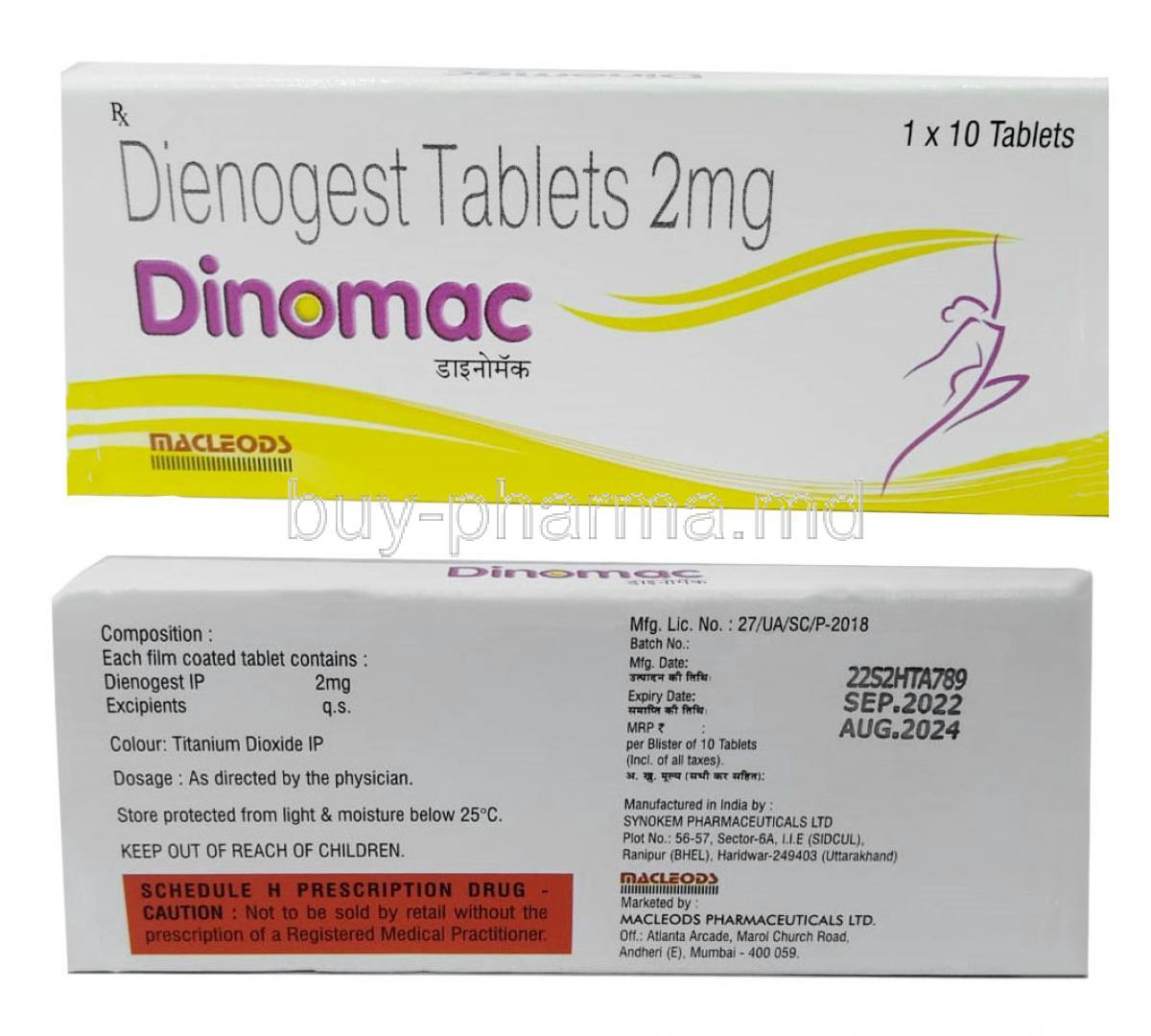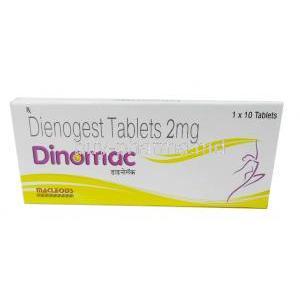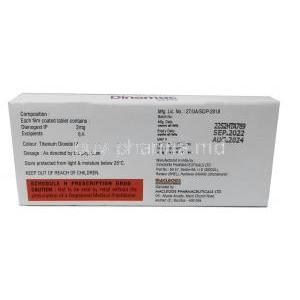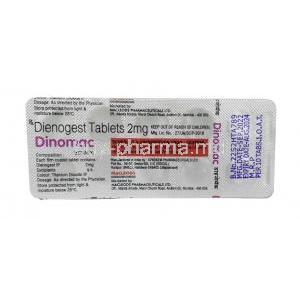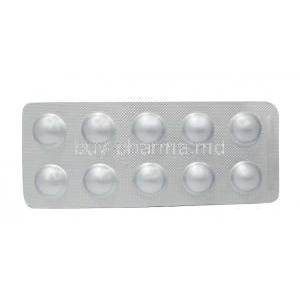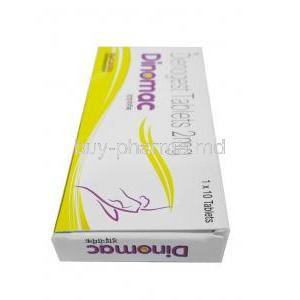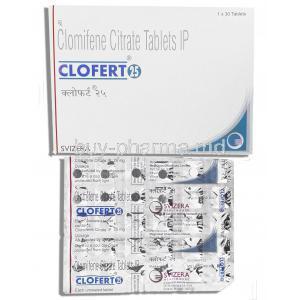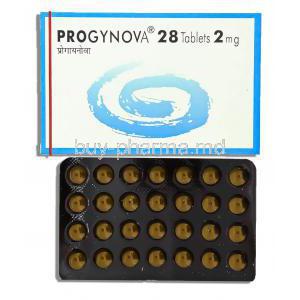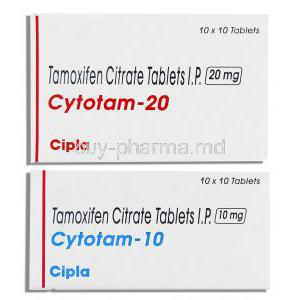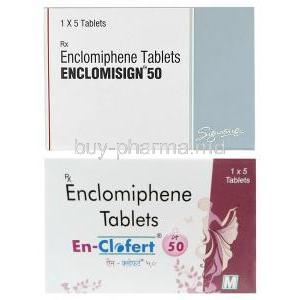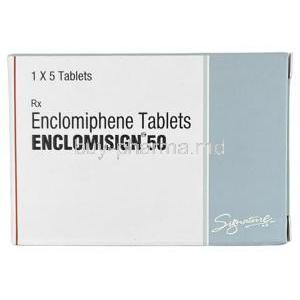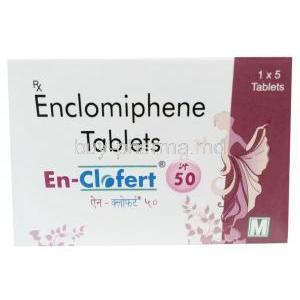What is Dienogest?
Dienogest is a potent progestin used as a female contraceptive to treat endometriosis. This painful affliction sees tissues similar to the uterine lining grow in places they should not- causing pain while potentially reducing fertility prospects. Dienogest can help women regain control of their bodies with its powerful hormone-balancing effects.
Combining hormones as a combined oral contraceptive pill is an effective way to prevent pregnancy: dienogest helps block ovulation. At the same time, ethinyl estradiol creates an uninviting environment for sperm with thick cervical mucus and a lack of receptivity by the uterine lining.
Dienogest has been proven to be a highly successful treatment for endometriosis. By inhibiting the growth of endometrial tissue and reducing estrogen production, it helps reduce associated symptoms such as pain significantly. It is truly a practical solution that offers relief from this uncomfortable condition.
Taking dienogest can be beneficial, but it's important to remember that no medication comes without risks. Side effects vary and may include changes in monthly menstrual cycles, headaches, emotional swings, and even acne breakouts, so it’s a must to chat with your health professional beforehand. That way, you'll know what potential benefits or hazards this drug could come with before taking the plunge!
What is Dienogest used for?
Dienogest is an artificial hormone in the progestin family, acting similarly to naturally-occurring progesterone. With two main uses in mind - it helps people manage a variety of conditions, from menstrual issues and contraception methods.
- Hormonal contraceptives are a reliable birth control method, as they prevent ovulation and make the uterus inhospitable for fertilized eggs. At their core is dienogest, an active ingredient commonly partnered with estrogen-like ethinyl estradiol in combined oral contraceptive pills. By creating impenetrable barriers around sperm penetration and blocking off potential homes for embryos, these combinations offer couples peace of mind when preventing unwanted pregnancies.
- Endometriosis, a chronic illness causing tissue similar to the uterine lining to grow outside of its intended home in the uterus, can be uncomfortable and even painful. Thankfully there is help available! Dienogest works by suppressing endometrial growth while reducing estrogen levels that often fuel it - resulting in pain relief and more comfortable days for those struggling with this condition.
How to use Dienogest?
If you want to incorporate dienogest into your contraceptive routine, how it's administered will depend on why your doctor has prescribed it. Generally, when taken as part of a combined oral contraception regimen, this versatile medication is typically ingested in simple steps:
- Before taking any medication, reading the patient information leaflet thoroughly is vital. Doing so helps you understand how the medicine should be taken and alerts you of possible side effects – an essential step in staying informed and healthy.
- Consistency is vital to keeping hormones in balance - take Dienogest once daily at the same time, either with or without food, for maximum effectiveness.
- Women who take combined oral contraceptives can look forward to a 28-day cycle of hormone intake, with the first 21 or 24 pills containing dienogest and ethinyl estradiol. The last 4 or 7 is a special treat - no hormones! This usually leads to withdrawal bleeding, which mimics your natural menstrual period.
- Jump headfirst into a new pack of birth control after you finish your previous one - no matter what stage in your cycle. Withdrawal bleeding? Don't sweat it.
- Forgetting medication can be dangerous, especially if you're on birth control. Review the patient information leaflet or talk with your healthcare provider for guidance if a pill is missed; this could increase your risk of pregnancy.
What are the side effects of Dienogest?
Dienogest is a medication with potential side effects, although not everyone will have them - and if they do, those effects may be mild. Common possible reactions are.:
- Menstrual cycles can be unpredictable and vary from person to person. Some women may experience light or irregular bleeding, unusual spotting between periods, or even the complete absence of their period - known as amenorrhea.
- Some may endure an unpleasant ache while taking dienogest - from occasional minor headaches to full-blown migraines.
- Women may experience tenderness or unease in the breast area while taking dienogest, a feeling similar to when their period is nearing.
- Everyone experiences emotional fluctuations, but in some cases, it can be more extreme. Mood swings, depression, and anxiety may unexpectedly take hold of an individual's life, disrupting both mental health and everyday routines.
- For some, dienogest can cause their complexion to take an unexpected turn - resulting in outbreaks of troublesome acne.
- Though rare, nausea is a possible side effect for some taking this medication. Thankfully the feeling generally fades away with time as your body adjusts to its new routine.
- Dienogest has been known to cause both weight loss and gain in patients, resulting in indiscriminate changes. Whether it's going up or down on the scale, dienogest creates an unpredictable environment for those hoping to keep tabs on their waistline.
- Dienogest may cause uncomfortable bloating or unpleasant fluid retention in some individuals; unfortunately, these symptoms can't be avoided for all users.
Taking dienogest may bring about mild side effects, which can fade as your body becomes used to the medication.
However, suppose any of these symptoms worsen or become more pronounced. In that case, you should contact a doctor without delay —this could include prolonged abdominal pain and heavy bleeding, worrying chest pains accompanied by difficulty breathing, severe headaches brought on with vision problems, being itchy all over (hives), trouble swallowing/breathing due to swelling around your face; arms and throat.
Although this list is not exhaustive so be sure to keep talking with medical professionals in order for them best help out.
What are the alternatives to Dienogest?
With so many options available, choosing the right hormonal contraception or treatment for endometriosis can feel overwhelming. Don't worry! Consulting with a healthcare provider will help you decide which choice best suits your needs and medical history - whether it be dienogest or one of its alternatives like the pill, intra-uterine device (IUD), injection, implantation devices, etc.
For hormonal contraception:
Women looking for an oral contraceptive can choose from various combinations to find the one that works best for them, differing in progestin and estrogen levels. Every combination offers something unique to suit individual needs.
- Progestin-only pills, or the "mini-pill," provide an alternate option for those unable to take estrogen medications. Containing only progestin, these oral contraceptives offer a hormone-balancing solution without relying on estrogens.
- Intrauterine devices (IUDs) are ideal contraception for those looking for a long-term, reversible solution with variations to fit the needs of anyone. For hormonal users, progestin-releasing devices provide hormone support and protection from pregnancy, while non-hormonal options employ copper as their contraceptive agent without added hormones.
- Contraceptive implants make it easy to stay protected long-term with a simple and discreet solution. A tiny rod is inserted under your skin, releasing hormones that provide seamless protection from unplanned pregnancies.
- Say goodbye to daily pill reminders and monthly doctor visits; Depo-Provera is a 3-month contraceptive injection that provides long-lasting protection with a straightforward shot.
- Give your contraception a makeover! Contraceptive patches and vaginal rings are an effective, safe way to prevent pregnancy while avoiding the hassle of taking daily pills. These methods slowly release hormones that provide long-lasting protection against unwanted pregnancies.
For endometriosis treatment:
Take control of debilitating endometriosis pain and inflammation with Nonsteroidal anti-inflammatory drugs (NSAIDs). Whether you purchase over-the-counter or receive a prescription, Nonsteroidal anti-inflammatory drugs are an effective tool to help reduce your discomfort.
- Gonadotropin-releasing hormone (GnRH) agonists and antagonists can benefit those with endometriosis by helping to shrink the uterus's lining, reducing pain and discomfort for sufferers. With balanced hormone levels restored, this treatment provides an effective solution for managing endometrial symptoms.
- Danazol is a potent synthetic androgen that can effectively suppress the growth of endometrial tissue by blocking ovarian hormone production. This incredible medication offers women relief in cases where other treatments have failed or are unsuitable.
- Aromatase inhibitors can be great allies in the fight against endometriosis-related pain. By blocking estrogen production, these medications help reduce symptoms and shrink troublesome tissue growths for some lucky sufferers.
- Surgery can provide relief and hope for those suffering from chronic pain or fertility issues - offering a potentially life-altering solution with minimal disruption to their daily routine. By carefully removing endometrial tissue and adhesions, surgery effectively creates meaningful change in many people's lives.
Every health journey is unique, and many potential paths exist. Talk with your doctor about what options might be best for you-- an informed decision will help ensure the route taken is explicitly tailored to fit your individual needs.
How does Dienogest compare to its alternatives?
Dienogest is a powerful progestin hormone that can provide reliable protection against unwanted pregnancy and relief from endometriosis symptoms. But before choosing it for your contraception or treatment needs, consider how its effectiveness, side effects, and administration stack up to other alternatives. This comparison of dienogest with some of the leading choices can give you an overview of where they differ in crucial areas - so you know all the facts before making your decision.
Hormonal contraception:
-
For those looking for a birth control option, Dienogest combined with ethinyl estradiol is just one of the many choices available. Combined oral contraceptives vary in their hormonal makeup and can be tailored to suit individual needs. While all options share similar effectiveness, side effects, and administration regimes - it's important to choose the right pill as everybody responds differently.
-
Progestin-only pills offer an excellent solution for those unable to take estrogen - but it's important to note that the slightly higher failure rate and irregular bleeding patterns may come into play. Consider these side effects when deciding what option is best for you.
-
Intrauterine devices (IUDs) are an excellent form of long-term contraception, offering reliable protection from unwanted pregnancy. Hormonal IUDs contain progestin and provide a higher level of security against failure than oral contraceptives. At the same time, non-hormonal varieties use copper to achieve the same result without using any hormones. Best yet - once they have been inserted by a healthcare professional, you won't need to worry about taking them daily; just ensure that they're removed after their prescribed duration is up.
Birth control doesn't have to be confined to the pill - there are a variety of alternatives with different administration types and hormone combinations. Whether you're looking for convenience or something that requires less user dependency, implants, injections, patches, and vaginal rings offer excellent alternatives.
Endometriosis treatment:
Though Nonsteroidal Anti-Inflammatory Drugs (NSAIDs) may temporarily reduce endometriosis symptoms such as pain and inflammation, they cannot correct the hormonal imbalances that form a core piece of this challenging condition.
-
Gonadotropin-releasing hormone (GnRH) agonists or antagonists: Looking for relief from endometrial tissue? These powerful medications lower estrogen levels and shrink away troublesome tissues. Though they can cause intense side effects, such as menopausal symptoms, their short-term prescription ensures you won't have to deal with them too long.
-
Danazol has been known to treat endometriosis effectively, but not without potential risks. Common side effects of this synthetic androgen include acne breakouts, weight gain, and a deepening in one's voice.
-
Aromatase inhibitors have become increasingly popular for pain management and endometrial tissue shrinkage, but controversy surrounds these drugs due to their ability to cause bone loss after long-term use. Nevertheless, patients may reap temporary relief from symptoms by using this treatment option.
- Surgery is a viable option for treating endometriosis; however, it should not be taken lightly. Although the procedure can help rid patients of problematic tissue, there are risks associated with any surgical treatment that mustn't be overlooked, and recurrence may occur even after surgery has been completed.
Every treatment decision is unique to the individual. Before settling on a course of action, it's wise to consult with healthcare professionals who can tailor their advice and recommendations based on your medical history and preferences – ensuring you get the best care suited for you.
How effective is Dienogest?
Dienogest is an effective medication that can provide positive results for both contraceptive and endometriosis treatment. However, individual factors such as adherence to the prescribed regimen will impact its effectiveness.
-
Taking contraception correctly and consistently is vital to planning for your future. The failure rate with dienogest combined ethinyl estradiol oral contraceptive pills, when used as directed, is an impressive less than 1% per year - incredible odds! However, even with typical use that considers human error, like missed doses or inconsistent regimens, the success rate drops to around 9%. So make sure to follow all instructions carefully to get maximum protection.
-
Dienogest has been a game-changer in treating endometriosis and its associated pain. Multiple clinical studies have demonstrated that this medication can reduce discomfort while also suppressing further growth of endometrial tissue, leading to improved quality of life for those affected by it. Though individual results may vary, most women experience some relief after several months on dienogest - allowing them time to recover from an often debilitating condition.
Though dienogest may be effective, there are many variables to consider. Everyone's situation is unique and has the potential to interact with other medications, so you must speak with a healthcare professional before beginning any new regimen - this will ensure your best chance of success.

